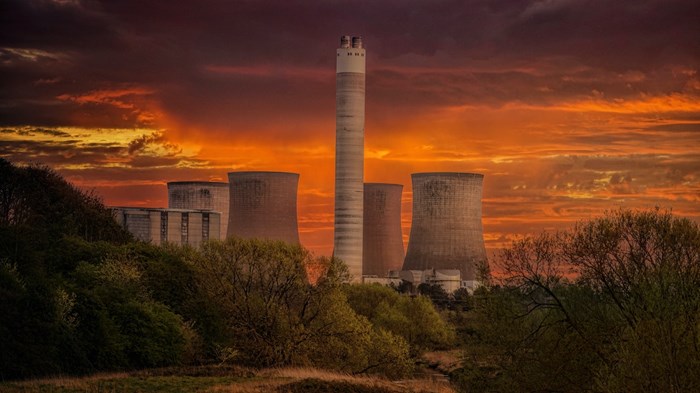Christianity's Biggest Challenge Comes from Realists

The biggest challenge for the Christian faith today comes the Realist who thinks what is real is what is most real. Realism knows nuclear power but it is a fading power for the Christian, as the Realist is a fading position. The Christian’s vision is kingdom vision, not Realism.
As Lee Camp, in his new manifesto Scandalous Witness, puts it,
In contrast, political realism assumes that the brokenness of the world is most real. The political realist insists that interests must always be balanced by counterinterests, and coercive power must always be checked by countercoercive power, and when “nec-essary,” that threats be checked by the threat of or actual employment of violence.
But the gospel claim – that the kingdom of God has been inaugurated – redefines reality. It redefines what is most real. What is most real is not the scheming of tyrants or the lies of those in power. What is most real is not that might makes right or that greatness is defined by the size of one’s arsenal.
What is most real, we Christians claim, is the power of God revealed in one who suffers in love and trusts that right has been made right not through might but through mercy, repentance, and resurrection.
This new reality fundamentally reorders the ways of life and death, politics and power. The significance of this claim is hard to overstate. It makes all the difference in whether we Christians do, in fact, understand our own faith.
How did we, however, as Christians succumb to something like “Christian realism”? How did the most real become what matters to the Kosmos and its Powers and power-brokers? How did we succumb to political process as kingdom of God movement? How did who became president become our eschatological hope?
Camp finds four steps:
We bought into the Western notion that religion is a private affair, unrelated to politics and history and sociology. But knowing that history and politics and social structures still matter a great deal, we cast about to find some bearer of meaning. Not finding it then (as we had already supposed) in Christianity, we yielded this role to the nation-state, as the primary player in the unfolding of history. Finally, convinced of the importance of being politically and socially relevant, we had to get on the side of the right (that is, “correct”) political partisan agenda, nation-state, or power-entity.
So, what to do? We need to be reminded of what we are as a faith. We live by a way of looking at all of history, and if anything the Book of Revelation teaches this very thing – or assumes it and imposes its way upon as we read it:
As noted, Christianity, Judaism, and Islam all share the important conviction that history has a goal and direction. While the particulars may vary, this end of history entails the righting of wrongs, setting all things to rights.
A second step in configuring a Christianity that is “neither right nor left nor religious” is found precisely at the place where Christianity, Judaism, and Islam differ: Christianity proclaims Jesus of Nazareth inaugurated the end of history for which Christianity, Judaism, and Islam all wait. Judaism and Islam reject this.
Consequently, we may better understand Christianity by calling it an interpretation of history instead of a religion. For Christians the resurrection of the crucified Christ is the central historical claim on which Christians stake their lives: it ushers in the end of history, vindicates the way of Christ, and inaugurates a new political possibility in the world. We are invited by the resurrected Christ to live according to the end of history already inaugurated, but not yet fully realized, not yet consummated.
What guides us today? The Christian devaluation of its own faith may be what makes too many Christians realists to the core.
This is not simply something we (cognitively) believe but something we are to embody, and the embodiment is the lived theology.
Jesus Creed is a part of CT's
Blog Forum. Support the work of CT.
Subscribe and get one year free.
The views of the blogger do not necessarily reflect those of Christianity Today.


















